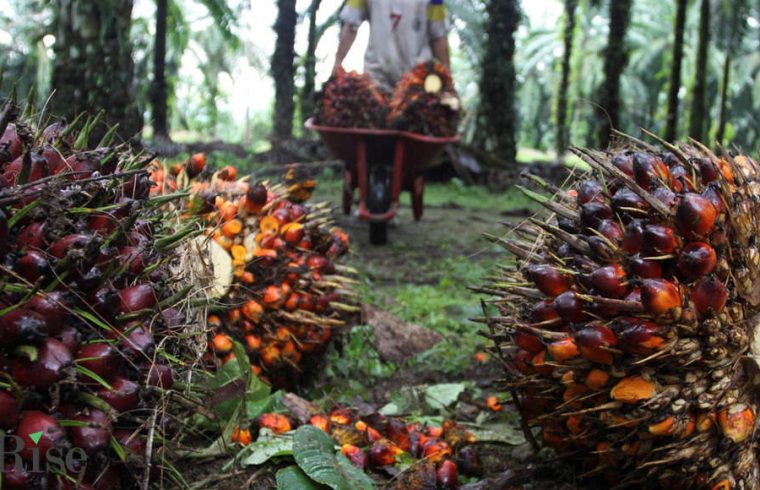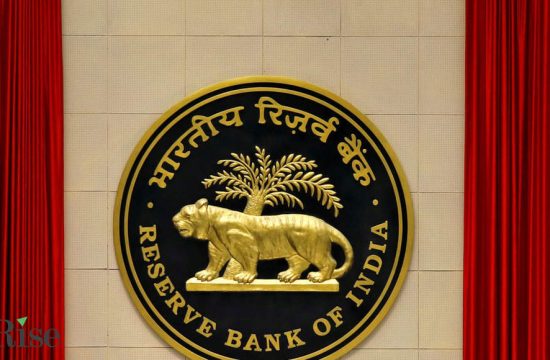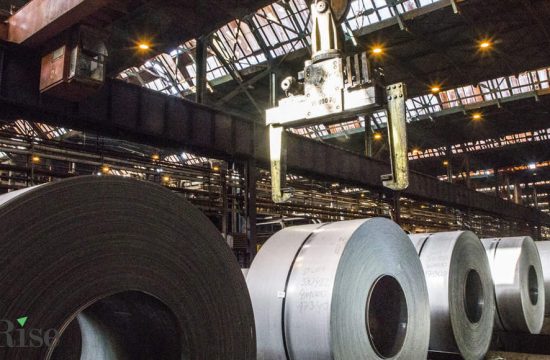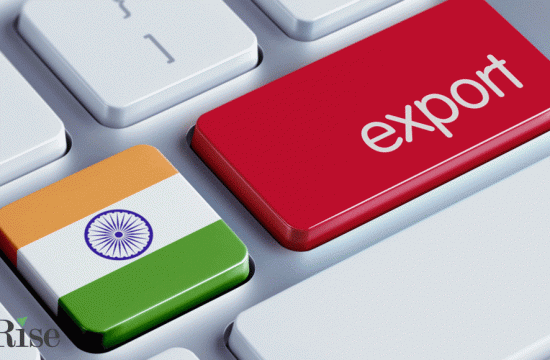
MUMBAI | KUALA LUMPUR: India’s imports of palm oil are set to rise by as much as 100,000 tonnes a month from December after the government slashed import tax on the tropical oil, making it cheaper than rival edible oils, industry officials said on Friday.
Higher imports by India, the world’s biggest buyer of palm oil, will support benchmark Malaysian palm oil prices that hit their highest level in eight years this month, but could weigh on U.S. soyoil futures.
India on Thursday slashed import tax on crude palm oil (CPO) to 27.5% from 37.5% as it tries to curb rising food prices.
“The cut has made palm oil more competitive as refiners have to pay 7.5% less tax on palm oil imports compared with soyoil and sunflower oil,” said Sudhakar Desai, president of the Indian Vegetable Oil Producers’ Association (IVPA).
India maintained duty structure on crude soybean oil and crude sunflower oil at 35%.
Palm oil imports are expected to rise by around 100,000 tonnes every month from December, while soyoil imports could moderate from January, said Sandeep Bajoria, chief executive of Sunvin Group, a vegetable oil broker.
“Contracts of soyoil imports have already been signed for December shipments. From January onwards, soyoil imports would go down to make space for palm oil,” he said.
After the duty cut, CPO has become $ 225 per tonne cheaper than soyoil compared with $ 175 prior to the cut, Bajoria said.
The South Asian country imports palm oil mainly from Indonesia and Malaysia, and other oils such as soy and sunflower oil from Argentina, Brazil, Ukraine and Russia.
“Set against the lower CPO production, lower CPO inventory and weather predicaments end of this year, this (duty cut) may lead to better CPO prices,” said Joseph Tek Choon Yee, chief executive officer of Malaysia’s IJM Plantations.
India’s palm oil imports slumped 23% to 7.2 million tonnes in 2019/20 marketing year ended on Oct. 31, the lowest in nine years, as the coronavirus crisis curtailed demand from hotel and restaurants.
In 2020/21, imports could jump 25% to 9 million tonnes, Desai said.










